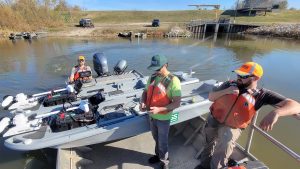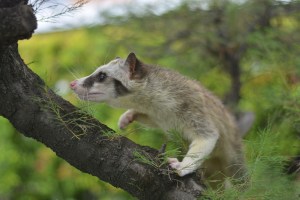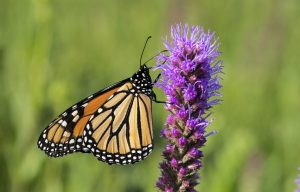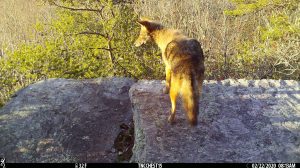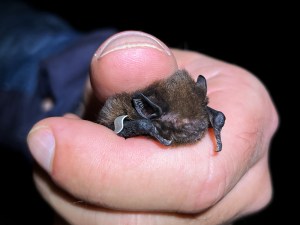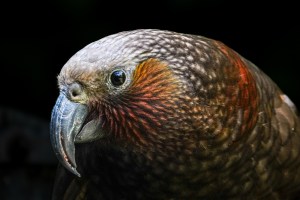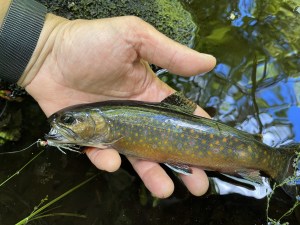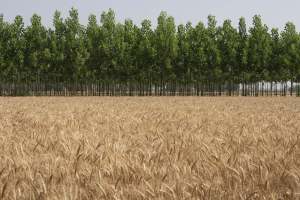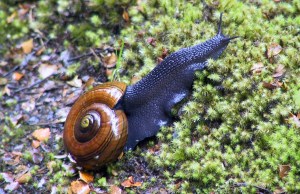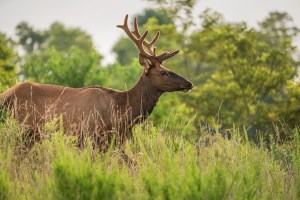Discover stories in Geography
A Kayak in Search of a Fish
In a historic Illinois wetland, a team tackles invasive carp using uncrewed small boats
Meet the Civet, the Mammal Behind the Coffee
Beyond the coffee, how much do you know about civets? They are incredibly cool mammals you really should know.
Chasing Unicorns: A Photographer’s Journey Documenting Rhino Conservation
Photographer Ami Vitale travels to Kenya to cover the translocation of 21 endangered northern white rhinoceros to TNC partner Loisaba Conservancy.
Pit Stops on the Monarch Flyway: Arkansas Partnership Benefits Pollinators
Restoring pollinator habitat on TNC Preserves to provide critical stops for monarch butterflies to nest and feed.
Camera Trap Chronicles: Rattlesnakes and Howling Coyotes
And more. Coming to you from TNC's Bridgestone Reserve in central Tennessee.
Tracking the Tiny Bats of Aotearoa
Join scientists for a night of bat trapping in New Zealand, where predator control is helping to protect the country's only endemic land mammal.
Meet Four Amazing Endemic Parrots from New Zealand
New Zealand is home to a small handful of endemic parrots, including the nocturnal, flightless kākāpō to the mischievous alpine kea.
50 Fish, 50 States: Rhode Island’s Wild Brook Trout
Wild brook trout in Rhode Island? Our smallest state provides memorable brook trout fishing.
Agroforestry: Unlocking the Potential of Trees in India
How regenerative agriculture, especially agroforestry, could help mitigate climate change, restore land and improve farmer wellbeing in India.
These Carnivorous Snails Slurp Earthworms Like Spaghetti
Meet the powelliphanta snail, a weird and wonderful New Zealand endemic that slurps earthworms like pasta.
Elk in the East: A View to a Dramatic Conservation Success
Elk once roamed across much of North America. After more than a century’s absence, they’re thriving in the Appalachians.
Humboldt Penguins on the Edge
Next time you’re in need of an odd animal fact to fill a conversational lull, consider the nesting preferences of the Humboldt penguin.
